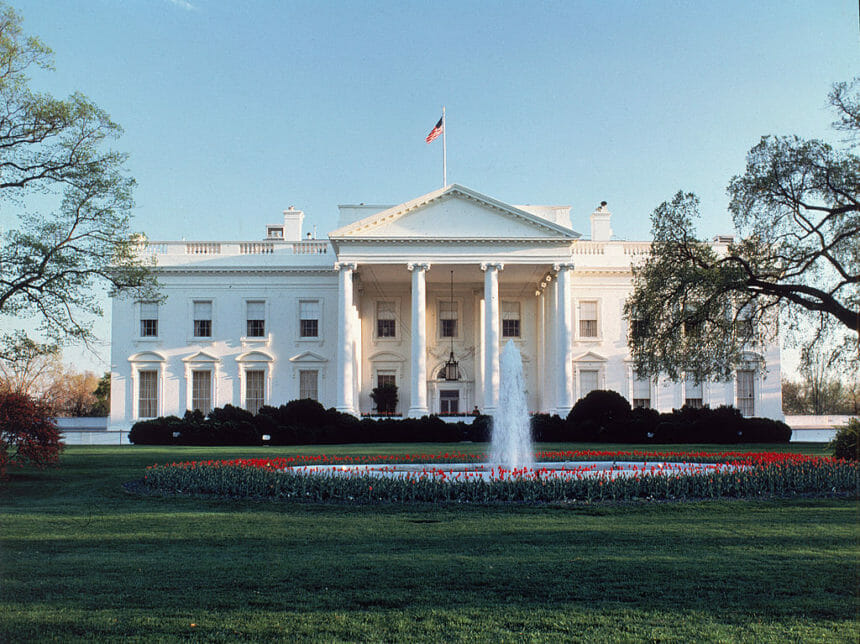It’s been nearly a year since the passage of the Inflation Reduction Act, which put historic drug pricing reform into Medicare’s wheelhouse by giving the federal agency the power to negotiate the costs of certain drugs.
Now, it appears that the Biden administration is furthering its push to strengthen drug pricing regulations.
The Centers for Medicare and Medicaid Services recently introduced a proposal that would seek to lower drug costs in Medicaid and increase transparency around them.
This is something of a sequel to the Medicare Prescription Drug Inflation Rebate Program. Signed into law with the Inflation Reduction Act, this program requires pharma companies to pay rebates if they raise the price of certain drugs faster than the rate of inflation, in relation to Medicare.
However, the most recent CMS proposal wants to bring those drug pricing efforts to Medicaid and strengthen the Medicaid Drug Rebate Program, which requires drug manufacturers sign a rebate agreement with the Department of Health and Human Services in order to get state Medicaid coverage of its drugs.
Under that program, pharma companies pay rebates on drugs covered by state Medicaid, which helps offset the cost for Medicaid.
One goal of the proposal is to give CMS more awareness of the actual costs behind manufacturing and distributing the most expensive drugs. Some suggested tools in the proposal include a drug price verification survey, which could help states negotiate Medicaid payments for certain high-cost drugs.
“With this information, state Medicaid agencies would be able to operate their pharmacy programs more effectively while helping more people get vital drug treatments,” CMS noted in a statement.
The policy also targets pharmacy benefit managers (PBM), by requiring more transparency around what they’re paying manufacturers for medications. The idea is to reduce spread pricing – the PBM practice of raising the price of the drug for insurers or Medicaid managed care plans and then pocketing the difference – which can contribute to high drug prices for patients.
The proposal would require states, Medicaid-managed care plans and PBMs to sign contracts that are transparent about money changing hands.
“[T]here has been a lack of transparency into the amount plans have paid to PBMs for administering the drug benefit and the amount pharmacies have been paid for the drugs,” CMS continued. “This lack of transparency has raised concerns about PBMs using spread pricing arrangements to increase their profit margins by charging managed care plans more for a drug than the amount a PBM pays a pharmacy.”
Finally, the proposal includes a rule that would boost transparency in drug classifications and ensure that states receive the right rebates “to which they are entitled,” the CMS arguing that states receive a higher percentage of rebate dollars for brand-name drugs compared to generics.
The CMS proposal has yet to be passed but CMS Administrator Chiquita Brooks-LaSure said that the agency is “committed to preserving access to life-saving treatments and securing fiscal sustainability for the Medicaid program, which remains a lifeline for millions of people.”
HHS Secretary Xavier Becerra added in a statement that the administration is advancing “unprecedented efforts to increase transparency in prescription drug costs, being good stewards of the Medicaid program and protecting its financial integrity.” He added that the proposed rule would save money for states and the federal government alike.
The proposed rule comes amid a renewed focus among lawmakers on high drug costs, spearheaded by a recent bipartisan legislative push in Congress to reform the PBM system and reign in spread pricing.
PBMs have received particular scrutiny in Congress and the Senate Health, Education, Labor and Pensions (HELP) Committee, helmed by Sen. Bernie Sanders (I-Vt.), has introduced bills targeting the so-called ‘healthcare middlemen.’
Both the PBM industry and the pharma industry have struck back against the federal drug regulation efforts, though they’ve also shared barbs for each other, too.
PhRMA, the largest lobbying organization for the pharma industry, has been vocal in its opposition to any drug pricing regulation, calling the Inflation Reduction Act a “tragic loss for patients.” The group has also unleashed a recent ad campaign that targets PBMs and argues three of the largest ones “denied coverage to over 1,150 medicines last year.”
Meanwhile, the Pharmaceutical Care Management Association (PCMA), a PBM industry group, has also gone on the offensive with the launch of a recent seven-figure ad campaign.
The effort consists of two 30-second TV ads and points the finger at pharma companies as being the reason why drug prices are high, skirting their own responsibility in the dynamic.
“Big Pharma’s egregious pricing and anti-competitive practices” are what’s driving prescription drug prices up, the PCMA argued.







